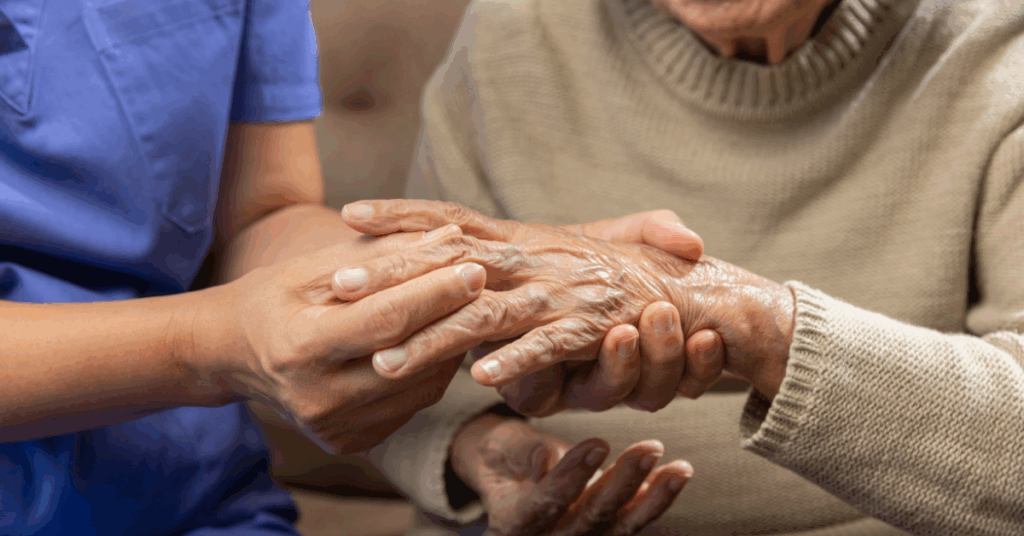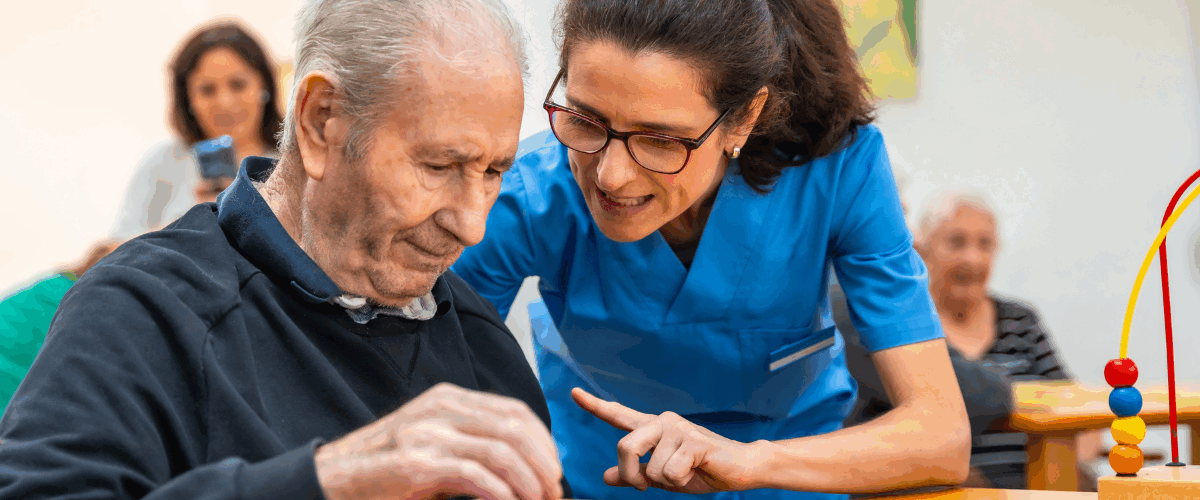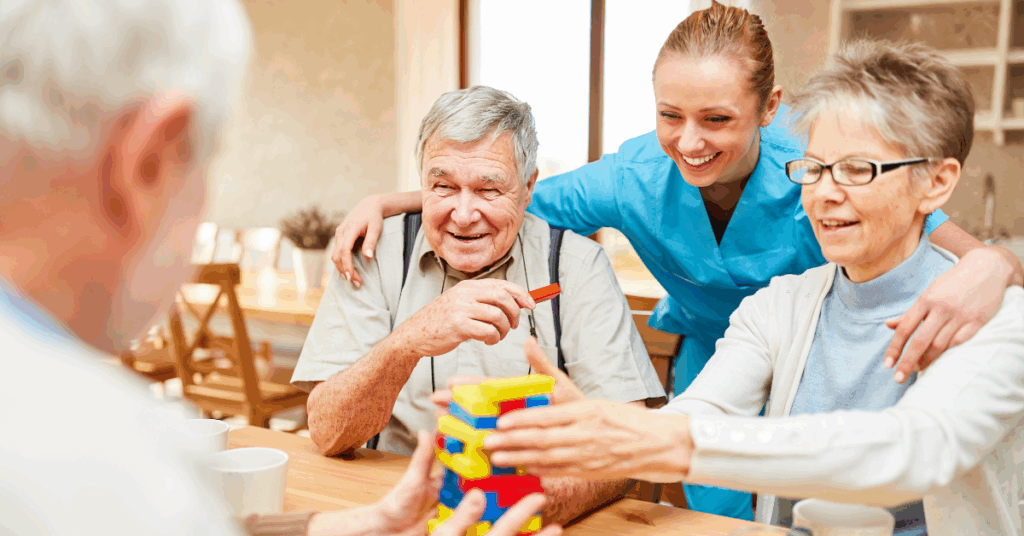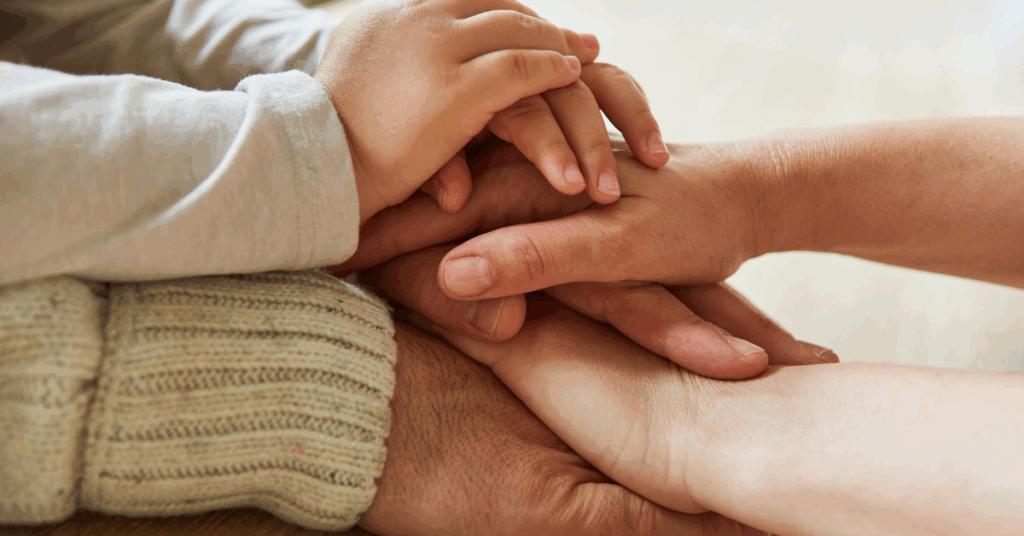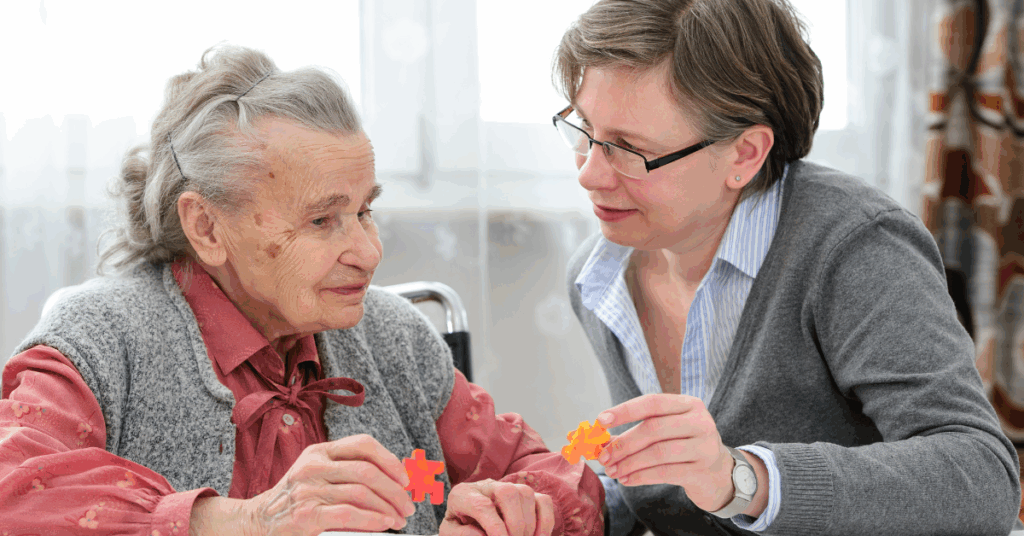
Ease Arthritis: Simple Management Tips
Arthritis affects nearly 25% of adults across the U.S., highlighting why pain management options, like 24/7 assisted living in Tacoma, WA, matter so much to those dealing with daily joint pain. Most people associate arthritis with aging beyond 40, yet this mobility-limiting condition sometimes appears in adults as young as their 20s, quietly changing how they move through their world. The good news? Several practical approaches exist to ease arthritis pain and make everyday activities more comfortable.
Daily Habits That Make a Difference
Gentle movement and stretching
Focus on these three key types of exercise for best results:
- Range-of-motion exercises help maintain or improve flexibility in joints and surrounding muscles. Simple stretches, arm raises and gentle yoga poses fall into this category and can be done daily.
- Strength training builds muscle and tendon strength to stabilize and support joints, providing better protection against pain.
- Endurance activities like walking, swimming or cycling enhances fitness while being gentle on your joints.
Protecting your joints during routine tasks
Try these joint protection strategies:
- Avoid positions that cause deformity – Use a flat hand when opening jars rather than a tight grip or pinch. Hold items with your fingers instead of twisting your wrist during activities like stirring.
- Use larger, stronger joints – Lift or carry with your forearms or shoulders rather than your fingers. Carry bags with a shoulder strap crossing your body instead of holding weight in your hands.
- Take frequent breaks – Change positions every 20 minutes to prevent muscle fatigue and ligament stress. For washing dishes, try sitting on a chair by the sink instead of standing the whole time.
- Utilize helpful tools – Consider adaptive equipment like jar openers, foam tubing for utensil handles and doorknob levers to reduce hand joint strain. Electric can openers, cushioned-grip peelers and offset-handled kitchen knives take stress off joints during meal preparation.
Avoiding excessive joint stress not only eases pain but also helps your joints work better and longer.
Maintaining a healthy weight
The connection between weight and arthritis runs deep:
- A modest 10-pound weight loss would relieve 40 pounds of pressure from your knees.
- For women of normal height, every 11-pound weight loss (about 2 BMI units) cuts the risk of knee osteoarthritis by more than 50%.
- Weight loss reduces overall inflammation since fat tissue creates and releases chemicals that promote inflammation.
Avoiding smoking and harmful habits
Smoking worsens arthritis through multiple paths:
- It encourages the production of antibodies against citrullinated proteins (ACPAs), raising rheumatoid arthritis risk.
- Smokers with rheumatoid arthritis experience more active disease than those who never smoked or have quit.
- It reduces arthritis medication effectiveness—studies show smoking often causes poor response to methotrexate, with dose-dependent effects.
- People smoking fewer than 10 cigarettes daily respond better to methotrexate than heavier smokers.
The harm extends to vaping, too. Early evidence points to a similar connection between vaping and inflammatory arthritis, with an even higher risk for those who both smoke and vape.
Simple Ways to Relieve Pain Naturally
Heat and cold therapy
Temperature treatments provide straightforward relief for arthritis pain. These two approaches work through completely different mechanisms:
Heat therapy boosts blood flow to painful areas, helps tight muscles relax and flushes away waste products. Morning stiffness responds particularly well to heat, as do joints before activities. Try these methods:
- Warm showers or baths (92-100°F) loosen stiff joints and prepare them for movement
- Heating pads applied for 15-20 minutes ease soreness in troubled joints
- Warm paraffin wax treatments offer deep, penetrating heat for hands and feet
Cold therapy reduces blood flow to limit swelling, dampens pain signal transmission and fights inflammation. Cold works especially well:
- During active flare-ups or within 48-72 hours after injury
- After physical activity that triggers discomfort
- When your joints feel hot or visibly inflamed
Remember to place a thin towel between ice packs and your skin to protect it and keep treatments brief – just 10-15 minutes.
Enjoying Life
Living with arthritis brings real challenges, but there are many practical ways to manage joint pain and keep enjoying life. Gentle movement each day, while sometimes hard during painful flare-ups, helps your joints work better and prevents muscles from weakening.
Simple habits like protecting your joints during everyday tasks and reaching a healthier weight often reduce pain without needing extra medication. Assisted living in Tacoma understands the unique struggles arthritis creates. Contact us at (253) 474-1741 to schedule a tour of our community, Peoples Senior Living and discover our services and amenities.
FAQs
Q1. What are some quick ways to alleviate arthritis pain?
Various approaches can offer quick relief from arthritis pain. These involve using heat or cold treatments and performing mild stretching movements, using over-the-counter topical creams and engaging in relaxation practices such as deep breathing or meditation.
Q2. Is it beneficial to stay active when you have arthritis?
Yes, staying active is crucial for managing arthritis. Regular, gentle movement helps maintain joint flexibility, strengthens surrounding muscles and can reduce pain over time. However, it’s important to balance activity with rest and avoid overexertion during flare-ups.
Q3. How can I protect my joints during day-to-day activities?
To protect your joints, use larger joints for carrying items, take frequent breaks to change positions and utilize adaptive tools like jar openers or utensils with cushioned grips. Also, avoid positions that cause deformity and opt for joint-friendly alternatives when performing routine tasks.
